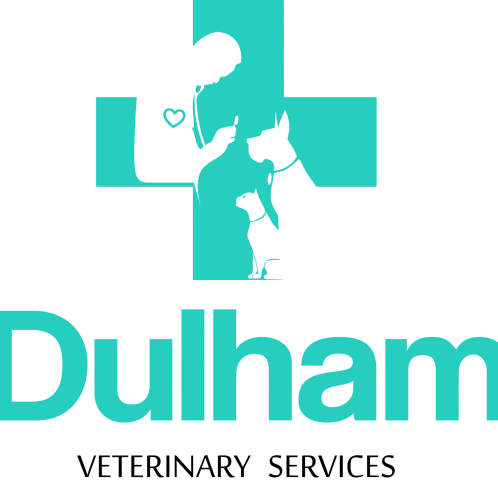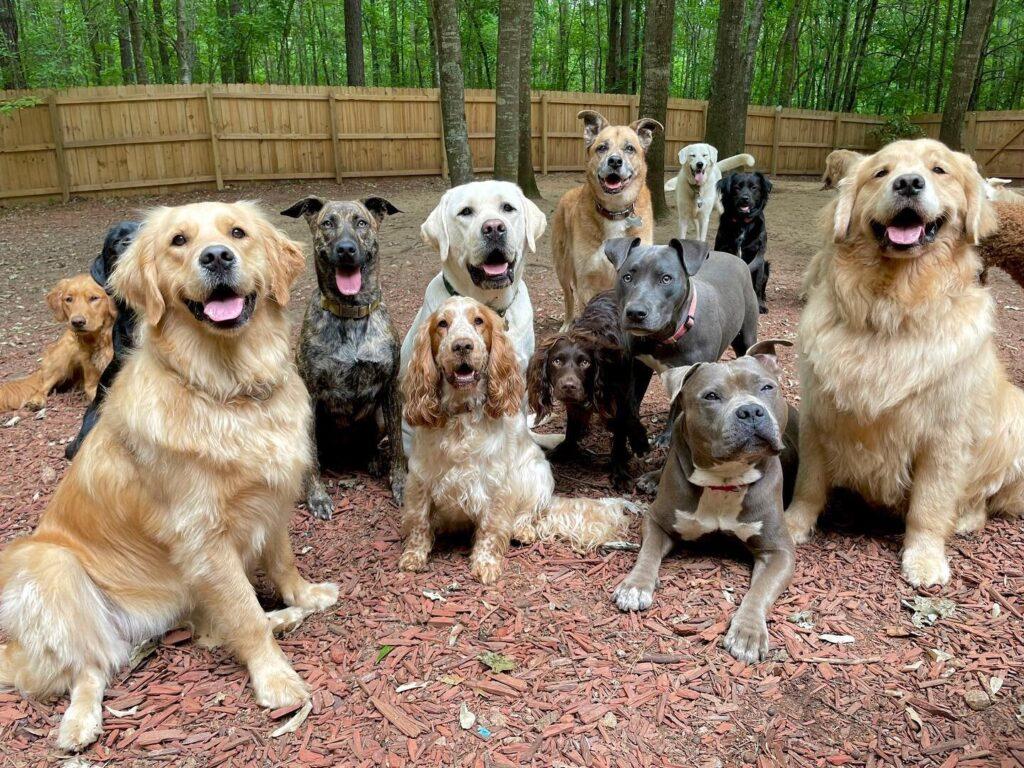Dog farming, also known as commercial dog breeding, is rapidly becoming a lucrative venture in Nigeria. Driven by the increasing demand for security dogs, companion pets, and exotic breeds, combined with a growing middle class and rising insecurity, dog farming has emerged as a significant business opportunity.
Unlike informal backyard breeding, professional dog farming requires strategic breed selection, proper health management, and effective marketing to succeed.
Profitability and Market Overview
Dog farming in Nigeria offers substantial returns. A single, well-bred puppy can fetch between ₦100,000 and ₦700,000, depending on its breed and pedigree. A healthy female dog can have 6–10 puppies per litter, often twice a year, potentially earning millions annually.
Key Success Factors:
- Breed popularity and demand
- Quality of breeding stock
- Effective kennel hygiene and management
- Access to reliable veterinary care
- Building buyer trust and reputation
Beyond breeding, Nigeria’s pet industry is diversifying. Spending is rising on dog food, grooming, training, and pet hotels, creating opportunities in:
- Boarding kennels
- Dog food production
- Dog training services
- Breeding niche/exotic dogs for export
Top Profitable Dog Breeds in Nigeria (2025)
Choosing the right breed significantly impacts profitability. The most sought-after breeds in Nigeria include:
- German Shepherd: Popular for security and intelligence; price ranges ₦150,000—₦400,000. Most owned breed at 33.2%.
- Rottweiler: Strong and loyal; sells for ₦200,000—₦1,000,000+ depending on quality.
- Boerboel: Estate owners’ favorite; ₦180,000—₦450,000. Puppies also go for ₦80,000—₦100,000.
- Caucasian Shepherd: Massive and protective; priced between ₦300,000—₦700,000.
- American Bully: Trendy among youths and celebrities; ₦250,000—₦600,000.
- French Bulldog: Urban-friendly and low-maintenance; ₦350,000—₦600,000.
- Lhasa Apso: Family-friendly small breed; ₦100,000—₦250,000.
- Labrador Retriever: Gentle and great for families; ₦150,000—₦300,000.
- Chow Chow: Exotic look and uniqueness; ₦300,000—₦600,000.
- Maltese: Compact and ideal for urban living; ₦120,000—₦280,000.
Other Profitable Breeds: Neapolitan Mastiff, Bull Mastiff, Pit Bull, Doberman, Samoyed, and the Siberian Husky (selling for up to $1,300).
RECOMMENDED:
Starting a Dog Farming Business: Step-by-Step Guide
1. Register Your Business: Register your kennel name with the Corporate Affairs Commission (CAC) and check for local/state licensing requirements.
2. Choose a Suitable Location: Ideal locations are spacious, clean, quiet, and on the outskirts of town. Ensure proper drainage and sanitation.
3. Estimate Startup Costs: Startup investment ranges from ₦800,000 to ₦5 million depending on scale. Key expenses include:
- Quality breeding stock (₦300,000+ per dog)
- Kennel construction
- Veterinary care and vaccines
- Feeding, licensing, branding
4. Buy from Registered Breeders: Select dogs with verified medical histories to avoid inbreeding. The Boerboel Dog Breeders Association, Nigeria (BDBAN), requires breeders to use microchipped and DNA-registered dogs with certified hip scores.
5. Build Functional Kennels: Use concrete or metal fencing with proper ventilation, drainage, shade, and a designated isolation area.
6. Learn Dog Breeding Basics: Understand dog behavior, care, and genetics. Early detection of illness and knowledge of breed-specific traits are crucial.
7. Draft a Business Plan & Conduct Market Survey: Include capital needs, location, staff, expected returns, and a demand assessment for specific breeds.
8. Secure Capital: Look into AGSMEIS (Agri-Business Small and Medium Enterprises Investment Scheme) loans. Training from an accredited Entrepreneurial Development Institute (EDI) is required, and up to ₦3 million can be obtained without collateral.
Puppy Care and Breeding Tips
- Mate female dogs in the second week of heat for best results
- Pregnancy lasts ~63 days; prepare a clean whelping area
- Puppies should be dewormed at 2 weeks, vaccinated from 6–8 weeks
- Introduce puppy food from 3–4 weeks
- Puppies are ready for sale from 6–7 weeks (up to 2–3 months)
Vaccination Timeline:
- First shot: 6–7 weeks
- Second shot: 8–9 weeks
- Rabies vaccine: after 7–9 months or at 1 year, then annually
Early socialization improves future marketability. Many breeders also offer stud services for fees or “puppy deals.”
Ethical breeders take long-term responsibility for puppies and offer re-homing support if needed.
Marketing and Sales Strategy
To maximize sales:
- Research market prices and adjust accordingly
- Use WhatsApp, Jiji.ng, Instagram, TikTok, referrals, and pet shops
- Build trust by offering vaccination cards and allowing kennel visits
- Avoid unethical sales through wholesalers, puppy mills, or pet stores
- Provide a written sales agreement
Puppies should not be sold before 8 weeks, and all births must be registered within 3 months.
Challenges in Dog Farming
- Overbreeding & Inbreeding: Causes genetic defects and early mortality
- Poor Hygiene: Attracts ticks and infections
- Neglected Vet Care: Prevention is cheaper than treatment
- No Record-Keeping: Leads to mismanagement
- Disease Outbreaks: Viruses like Parvo and Lepto are deadly
- Economic Hardships: Rising costs for feed and medication
- Time and Noise: Managing litters is time-consuming and messy
- Limited Expertise: Breeding requires knowledge of canine genetics
Regulatory Framework in Nigeria
Dog breeding and veterinary practice are governed by the Veterinary Surgeons Act (1969, amended 1987) under the Veterinary Council of Nigeria (VCN).
Supporting Regulations:
- 1984 Premises Registration Edict
- 1988 Animal Disease Control Decree (amended 1995)
- 1981 Private Vet Clinic Edict (Lagos: 1991)
- Dogs Act Cap. 35 & Dogs Law: Addresses dog importation, vaccines, public safety
- NAFDAC & Pharmacy Acts: Oversee drug safety, quality, advertising
Disease Monitoring:
- The National Animal Disease Information System (NADIS) links Nigeria to global networks like WAHIS. Challenges include limited funding, weak enforcement, and outdated policies.
Role of Boerboel Dog Breeders Association, Nigeria (BDBAN)
Founded in 2013, BDBAN promotes high breeding standards for the Boerboel breed in Nigeria. Affiliated with SABBS (South African Boerboel Breeders Society), it enforces ethical practices including:
- Microchipping and DNA registration
- Clean and safe kennels
- Verified health and temperament guarantees
- Accurate health and pedigree records
- Strict breeder screening and accountability
Nigeria’s Growing Pet Food Industry
Nigeria’s pet food market is expected to hit US$310.30 million by 2029. Growth is driven by increasing pet ownership, health awareness, and local manufacturing.
Raw Materials:
- Meat (chicken, beef, fish)
- Grains (maize, rice, wheat)
- Vegetables, oils, vitamins, and preservatives
Notable Brands:
- JOJO Pet Food
- Grand Cereals
Challenges:
- High production costs (especially for imported inputs)
- Limited distribution
- Inconsistent product quality
- Weak regulatory oversight
Opportunities:
- Local sourcing of ingredients
- Custom blends for local breeds
- West African export markets
- Potential government support for agribusiness
Dog Farming in Nigeria Is Profitable and Sustainable
Phone Us
0806 632 9826
Visit Us
No 23 Crown Court Estate 2, Orunbe close , Oniru. Victoria Island, Lagos.
No. 3 Isiokpo Street, Phalga, Port Harcourt
Mail Us
help@dulhamvetclinic.com
Join our Whatsapp Community – learn from other pet parents, and be the first to know about exclusive offers. Click to join the group
Frequently Asked Questions About Dog Farming and Veterinary Practice in Nigeria
1. How much capital is needed to start a small-scale dog farming business in Nigeria?
Starting a small-scale dog breeding venture with 2–3 dogs typically requires an investment of ₦800,000 to ₦1.5 million. This budget covers:
-
Purchasing high-quality breeding dogs (₦300,000+ each)
-
Building functional kennels
-
Veterinary care and vaccinations
-
Dog food and daily feeding
-
Licensing and branding
2. Is dog farming profitable in Nigeria, and which breeds are most lucrative?
Yes, dog farming can be a highly profitable business in Nigeria. The rising demand for security dogs, companion pets, and exotic breeds, fueled by a growing middle class and increasing insecurity, has made this venture attractive.
3. What laws regulate veterinary practice and animal health in Nigeria?
Veterinary services and animal health are governed by a set of laws and regulations designed to uphold standards and control disease spread:
-
Veterinary Surgeons Act (1969, amended 1987) – Established the Veterinary Council of Nigeria (VCN) to regulate the profession.
-
Business and Professional Premises Registration Edicts (1984) – Mandates registration for any premises used for veterinary services.
4. What is the most profitable dog breed to farm in Nigeria?
The most profitable dog breeds in Nigeria include the Caucasian Shepherd, Rottweiler, Boerboel, German Shepherd, and French Bulldog due to high demand and resale value.
5. What are the risks involved in dog farming in Nigeria?
Risks include disease outbreaks, high feeding costs, poor breed selection, low market demand, and lack of veterinary care. Proper planning and health management reduce these risks.

